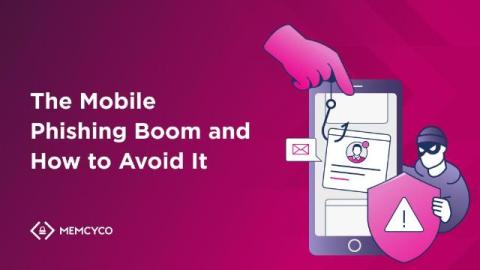How Can You Stop Generative AI Attacks?
This is a burning issue that must be considered by all organizations striving to decrease their cybersecurity vulnerabilities. Keep reading to get familiar with the risks of GenAI utilized for email attacks and how advanced implementations can counterpose malicious activities.









